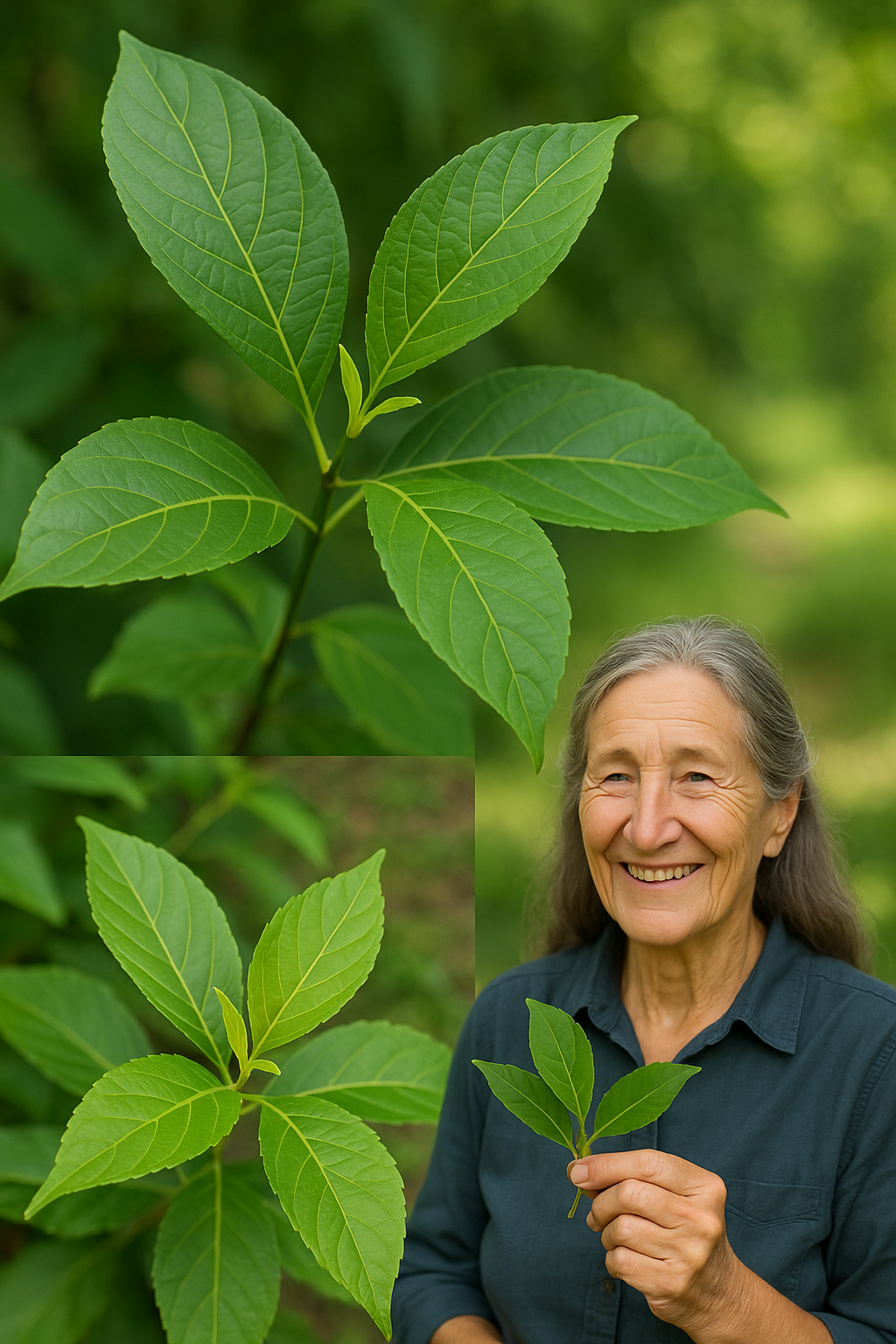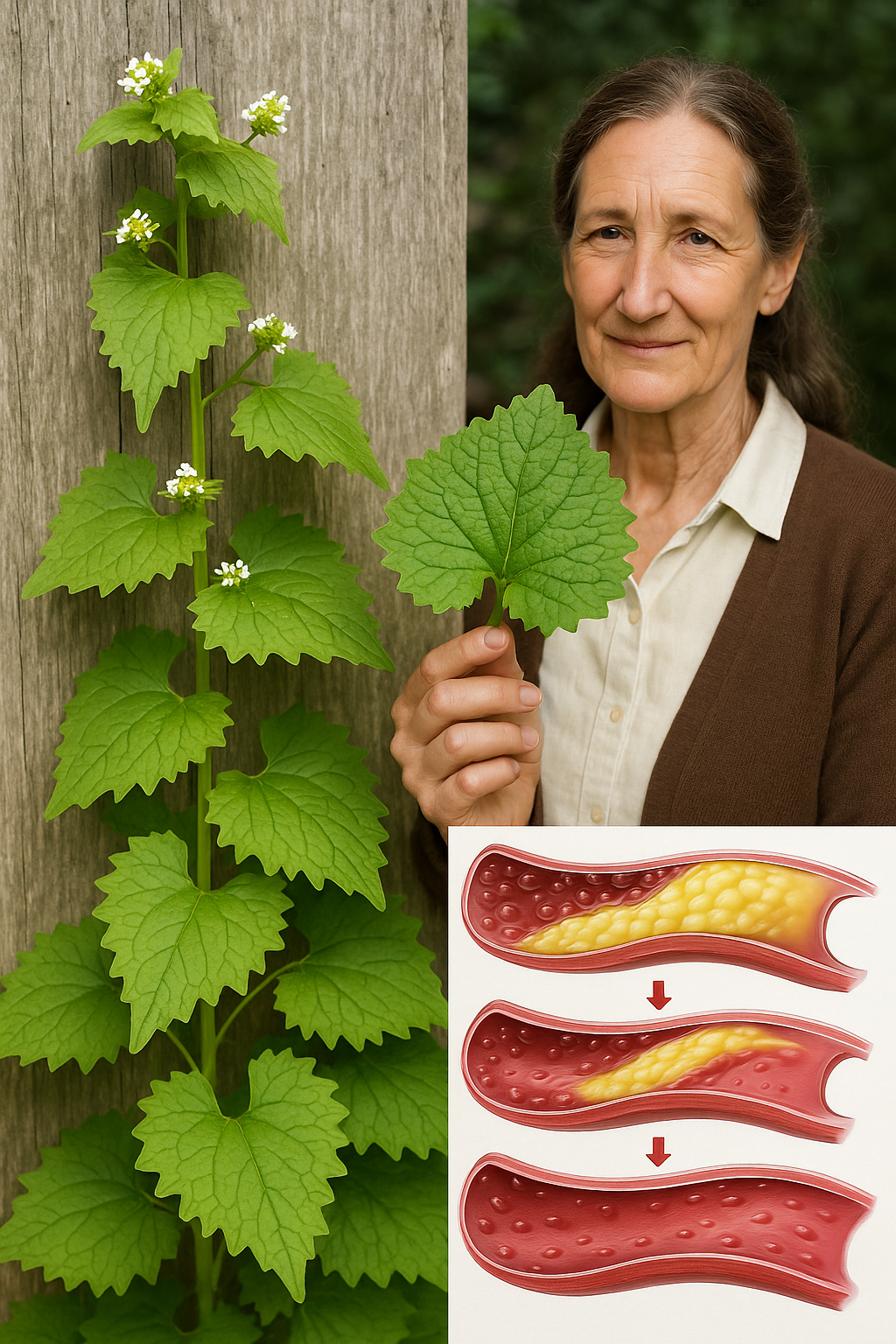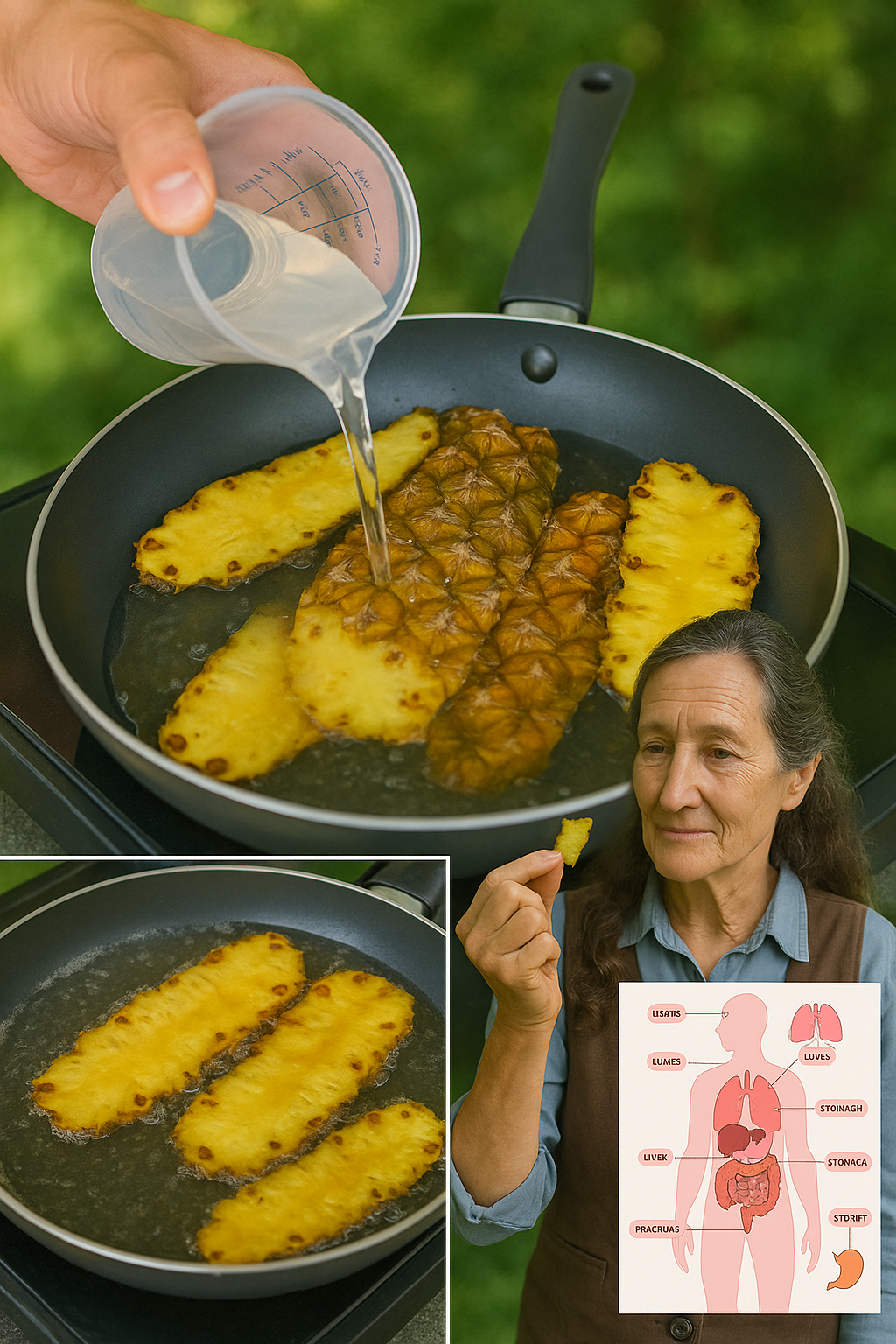Euphorbia Hirta—commonly known as asthma weed, snakeweed, or cat’s hair—is a powerful medicinal plant traditionally used across Asia, Africa, and the tropics for a wide range of health conditions. Though often overlooked, this herb contains potent antimicrobial, anti-inflammatory, antispasmodic, and antioxidant compounds that make it highly valued in traditional herbal medicine.
Whether you’re dealing with respiratory issues, digestive disorders, skin problems, or infections, Euphorbia Hirta has been used to manage them all. However, it’s also a strong herb that must be used carefully and preferably under the guidance of a qualified herbalist or healthcare provider.
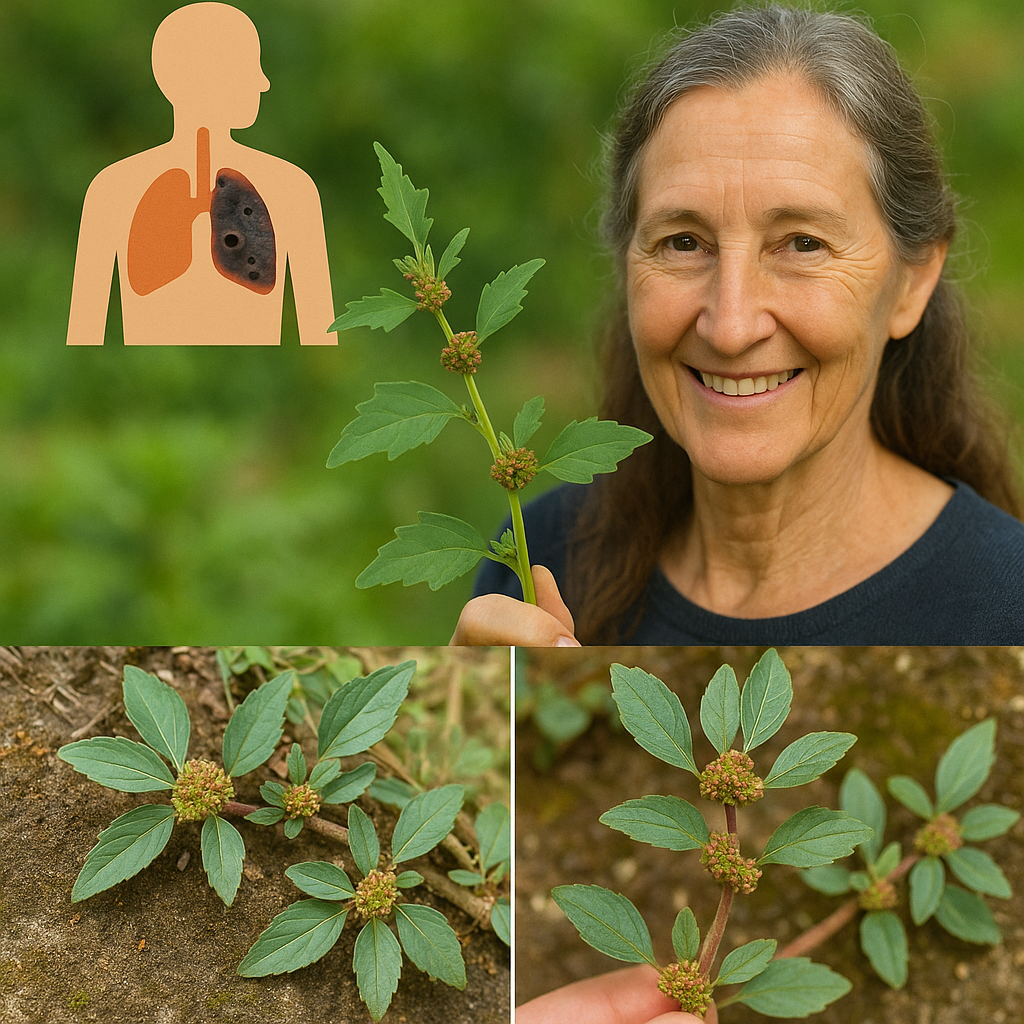
🌱 What is Euphorbia Hirta?
Euphorbia Hirta is a small, hairy-stemmed herb that thrives in tropical and subtropical climates. It’s typically found along roadsides, in open fields, or disturbed soils. Despite its modest appearance, it holds a reputation in traditional medicine for treating a broad spectrum of ailments—from asthma and bronchitis to parasites and urinary infections.
Its leaves, stems, and flowers are the most commonly used parts and can be prepared as tea, poultice, tincture, or compress, depending on the intended benefit.
✅ 30 Proven and Traditional Health Benefits of Euphorbia Hirta
🌬️ Respiratory & Immune Support
- Relieves Asthma Symptoms – Acts as a bronchodilator to open up the airways.
- Soothes Persistent Cough – Eases throat irritation and mucus buildup.
- Eases Bronchitis – Reduces inflammation in the bronchial tubes.
- Reduces Fever – Traditional remedy used as a decoction compress or tea.
- Boosts Immune System – Helps strengthen the body’s defenses against infections.
🍽️ Digestive Health
- Improves Digestion – Alleviates gas, bloating, and indigestion.
- Relieves Diarrhea – Antimicrobial and astringent effects help manage diarrhea.
- Treats Dysentery – Used to control bacterial and amoebic infections of the intestines.
- Soothes Stomach Ulcers – Protects and heals the digestive lining.
- Supports Liver Detox – Traditionally used to gently cleanse the liver.
🧴 Skin & Topical Use
- Promotes Wound Healing – Poultices reduce swelling and accelerate recovery.
- Fights Skin Infections – Effective against fungal and bacterial skin issues.
- Reduces Acne Inflammation – Applied topically to acne-prone areas.
- Treats Eczema and Rashes – Soothes irritation and itching.
- Controls Dandruff – Used as a scalp rinse to balance oil and reduce flakes.
🔄 Hormonal & Reproductive Health
- Relieves Menstrual Cramps – Acts as a muscle relaxant and anti-inflammatory.
- Balances Hormones – Used as a natural hormone tonic in folk remedies.
- Supports Lactation – Used traditionally to improve milk flow (with professional advice).
💧Urinary & Detox Support
- Treats Urinary Tract Infections – Flushes out bacteria with its diuretic properties.
- Combats Intestinal Parasites – Known to expel worms and protozoa under supervision.
- Promotes Kidney Cleansing – Aids in flushing excess toxins and fluid retention.
🧠 Nervous System & Emotional Health
- Reduces Anxiety & Stress – Has calming, nervine properties in small amounts.
- Improves Sleep – Soothes the nervous system when taken as a light tea at night.
❤️ Cardiovascular & Metabolic Health
- Supports Heart Function – May help improve circulation and vascular tone.
- Lowers Cholesterol – Traditional use includes regulating lipid levels.
- Regulates Blood Sugar – Shown to support healthy glucose metabolism.
🦴 Pain & Inflammation Relief
- Relieves Joint and Muscle Pain – Applied as a poultice for arthritis and soreness.
- Soothes Toothache – Crushed leaf applied to the affected area for temporary relief.
- Heals Mouth Ulcers – Used as a gentle rinse to reduce pain and inflammation.
👁️ Other Benefits
- Improves Eye Health – Diluted leaf juice may be used as a traditional eyewash for mild infections (with great caution).
🍵 How to Use Euphorbia Hirta Safely
1. As Tea (Infusion)
- Dosage: Boil 1–2 grams of dried leaves in 1 cup of water.
- How to drink: Sip slowly, no more than 1–2 cups per day.
- Best use: For respiratory, digestive, or mild calming effects.
2. As a Poultice
- Crush fresh leaves into a paste.
- Apply directly to cuts, bruises, or inflamed joints.
- Cover with a clean cloth and leave on for up to 20 minutes.
3. As a Compress
- Make a warm decoction.
- Soak a clean cloth and apply to feverish areas, swelling, or skin infections.
4. As a Mouth Rinse
- Steep dried herb, cool, and use as a gentle rinse for ulcers or gum irritation.
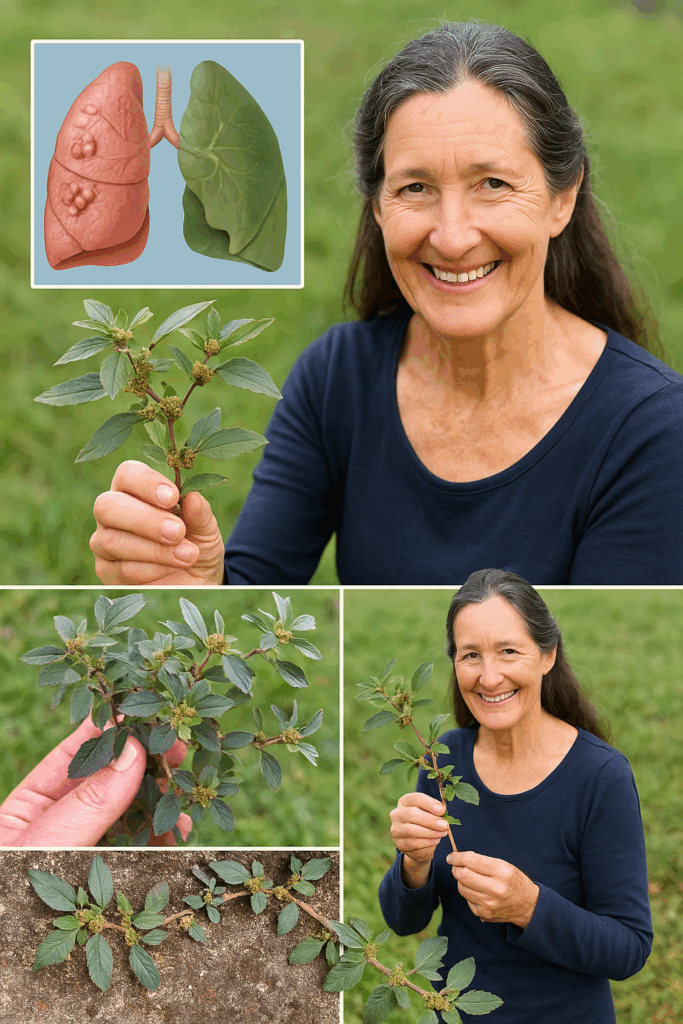
⚠️ Cautions and Potential Side Effects
Euphorbia Hirta is potent and should be used with care. Possible side effects from improper use include:
- Nausea or vomiting
- Dizziness
- Skin irritation (when applied raw)
- Stomach discomfort (in high doses)
Avoid Use If You Are:
- Pregnant or breastfeeding
- Under 12 years of age
- On medication for diabetes, blood pressure, or heart conditions without doctor approval
Always start with small doses, monitor your reaction, and consult a qualified healthcare provider if you’re on medication or managing a chronic condition.
🌿 Final Thoughts: A Potent Herb with Deep Healing Roots
Euphorbia Hirta is a remarkable example of a plant that offers broad-spectrum healing—from easing asthma and anxiety to fighting skin infections and improving digestion. But like any strong herbal remedy, its effectiveness depends on how responsibly it’s used.
When taken in the right form and dosage, this herb can become a powerful ally in your natural wellness routine—especially for those who prefer time-tested, plant-based alternatives.
✅ Always prioritize safety. Use under guidance, and let the wisdom of traditional healing empower you, not harm you.
